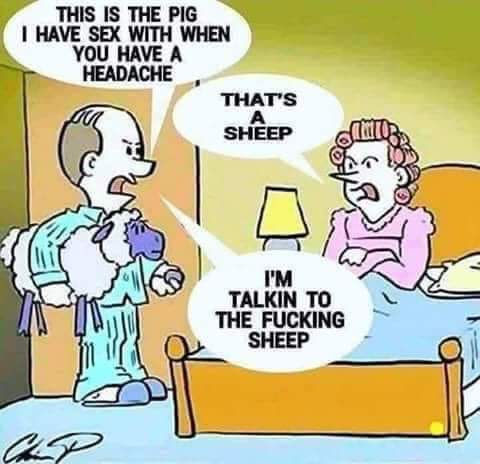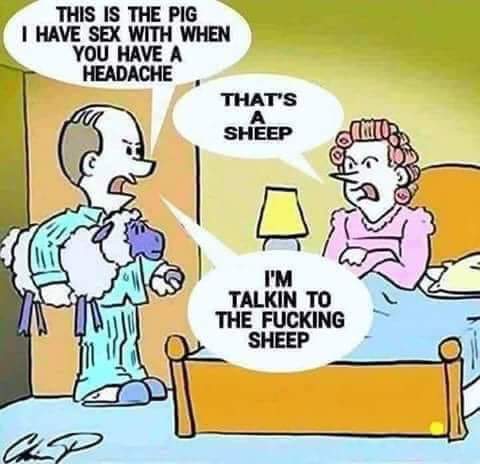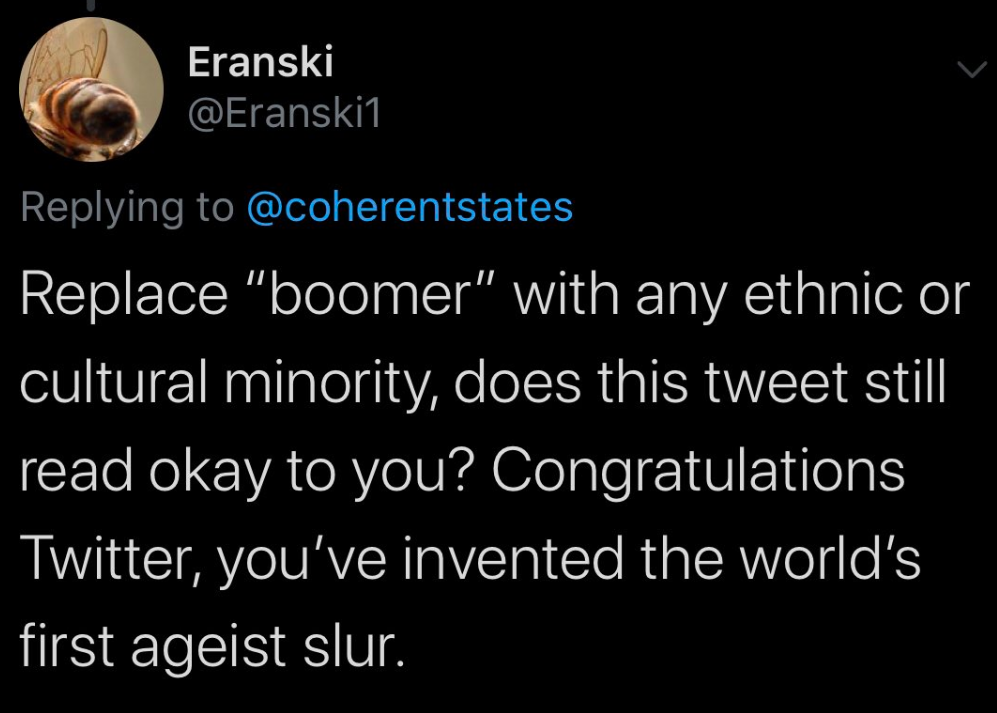“OK, Boomer.” What started as a snarky TikTok comeback quickly evolved into a cultural lightning rod—memes, merch, heated debates, and even political soundbites. But beyond the humor, this viral phrase speaks to something deeper: a growing rift between generations, one that’s amplified by the internet and our inability to listen to one another.
In an age where memories and legacies are fading fast, and digital noise overwhelms meaningful dialogue, understanding how memes like “OK, Boomer” affect our social fabric isn’t just relevant—it’s necessary.
Introduction: The Rise of “OK, Boomer”
The term “OK, Boomer” first exploded online in late 2019, emerging from a TikTok video mocking an older man’s rant about “snowflakes” and “entitlement.” It struck a nerve with younger generations, who saw the phrase as a witty, two-word dismissal of outdated attitudes. The meme became a symbol of generational pushback—funny, sharp, and scathingly relevant.
But soon, what was once a punchline evolved into a social boundary marker. “OK, Boomer” became shorthand for frustration—not just toward Baby Boomers, but toward a broader resistance to progress, empathy, and change.
“It’s not about age. It’s about mindset.”
— TikTok user, 2019 viral post
And so began a digital culture war, where memes became battlegrounds and humor masked deeply felt pain. The phrase highlights the generation gap—but also contributes to widening it.
What Is the Generation Gap, Really?
The generation gap refers to the differences in values, communication styles, and life experiences between age groups. It’s not new—Boomers clashed with their Silent Generation parents over Vietnam, just as Millennials now debate Boomers over climate change, economics, and identity politics.
However, the speed of change in the 21st century has exacerbated this gap:
- Technology: From typewriters to AI in one lifetime.
- Economics: Rising student debt and stagnant wages vs affordable housing and pensions.
- Social values: Attitudes toward race, gender, mental health, and sustainability differ sharply.
Consider the data from this SAGE Social Research chart:

Generational divides aren’t just ideological—they’re emotional, experiential, and often existential.
Meme Culture as the Voice of Youth
Humor as Protest
For Gen Z and Millennials, memes are more than jokes—they’re weapons. A meme like “OK, Boomer” isn’t merely dismissive; it’s a form of protest against perceived hypocrisy, condescension, and denial of responsibility.
Memes allow younger generations to call out:
- The economic disparity between Boomers and younger workers
- The environmental consequences of industrial-era policies
- The resistance to evolving ideas around identity, diversity, and digital culture
These images carry weight because they compress complex truths into shareable, viral bites. It’s no coincidence that “OK, Boomer” took off on TikTok, a platform where youth dominate and attention spans are monetized.
Memes as Misunderstanding
However, what feels like satire to one generation can feel like scorn to another. Many Boomers interpreted “OK, Boomer” as ageist, disrespectful, and reductive. In many cases, this response only reinforced the very gap the meme was highlighting.
Communication has become fragmented:
- Younger people express via memes, sarcasm, irony
- Older generations prefer direct speech, hierarchy, respect cues
It’s not just about values—it’s about how we speak.
As a result, what began as cultural commentary becomes a communication breakdown. A cycle of mocking and misreading plays out, with each side feeling increasingly unheard.
The Danger of Age Stereotypes
Here’s the real risk: memes like “OK, Boomer” may start as protest, but they can quickly become stereotypes. And stereotypes—regardless of who they target—are intellectually lazy and emotionally damaging.
Think about these common generational assumptions:
- Boomers: Out-of-touch, resistant to change, hoarding wealth
- Gen Z: Overly sensitive, lazy, addicted to screens
These caricatures flatten nuanced lives into memes. They poison relationships—between coworkers, families, voters—and make intergenerational understanding almost impossible.
“Stereotypes are stories we tell ourselves to avoid the work of understanding.”
— Anonymous
And yet, if we want to bridge the divide, understanding is exactly the work we need to do.
Bridging the Divide: Can Memes Start Dialogue?
Despite the conflict they often stir, memes can also be gateways to conversation. Humor, when used with empathy, opens doors that lectures cannot. Even the most controversial memes can prompt reflection—if we’re willing to listen beneath the punchline.
Some Boomers have responded with humor of their own, embracing self-deprecating memes or even collaborating with younger creators. In these moments, something powerful happens: the wall becomes a window.
Take this example: a Boomer parent posting a TikTok dance to connect with their Gen Z child. It’s not about going viral—it’s about bridging a cultural chasm with shared laughter. These small gestures matter.
How Do We Begin to Understand Each Other?
Here are some simple but effective ways we can foster intergenerational understanding:
- Listen before you react. Memes reflect pain, not just jokes. Ask: what are they really saying?
- Drop the stereotypes. Not every Boomer is a technophobe. Not every Gen Z’er is fragile. Speak to individuals, not labels.
- Share your stories. Platforms like Remin.site are designed to preserve and pass on life experiences, family histories, and wisdom. This is how empathy grows—in the soil of memory.
These practices don’t require algorithms or followers—just a bit of humility and the courage to care.
Conclusion: A Meme Is Not a War
“OK, Boomer” is more than a meme. It’s a message. It says, “We’re hurting. We’re tired. Please stop telling us it’s our fault.” But when it becomes a wall instead of a bridge, its power is wasted.
We must remember: the generation gap isn’t a fixed chasm—it’s a space where connection is possible, if we choose to build a path across it.
At Remin.site, we believe that death is not the end, but the beginning. The same can be said of dialogue. When we share our struggles, our humor, our regrets, and our dreams, we don’t just preserve culture—we evolve it. One meme, one memory, one meaningful conversation at a time.
“The future is built not by one generation alone, but by the bridges we dare to build between them.”
Frequently Asked Questions (FAQ)
1. Is “OK, Boomer” just a meme, or does it have deeper meaning?
While it started as a viral phrase, “OK, Boomer” encapsulates generational frustration and cultural commentary. It speaks to real economic, social, and environmental issues—especially those felt by younger generations.
2. Is using “OK, Boomer” considered ageist?
It can be. Like any stereotype, when used to dismiss or generalize an entire age group, it becomes harmful. The intention matters—but so does the impact.
3. How can older generations better connect with younger ones?
By listening without defensiveness, engaging with new platforms or trends out of curiosity, and sharing their own stories honestly. Platforms like Remin.site are designed exactly for this: building cross-generational legacies.
4. Can memes be positive tools for connection?
Absolutely. When shared in good faith, memes can spark laughter, curiosity, and even empathy. The key is using them as invitations—not dismissals.
5. What role do digital archives like Remin.site play in healing the generation gap?
They allow generations to preserve what matters most—memories, values, and identities. In doing so, they encourage mutual respect and ensure that wisdom isn’t lost, but passed forward with care.
Let’s not let a meme be the end of the conversation. Let it be the beginning of a better one.


